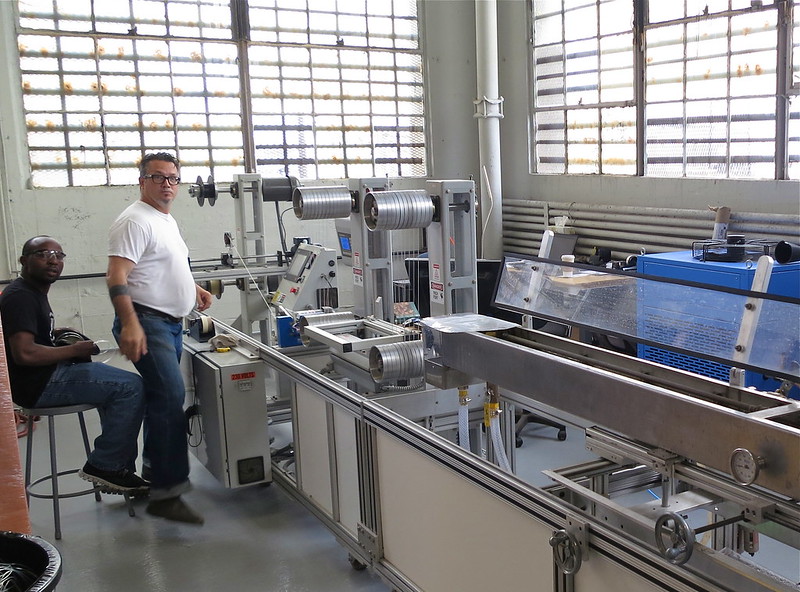What is a KPI?
In the manufacturing industry, the term “KPI” refers to a Key Performance Indicator.
KPIs are defined metrics that manufacturing companies monitor and analyze in order to make sure that critical business objectives are being met successfully.
By monitoring and analyzing KPIs, manufacturing companies are able to gain valuable insight into whether or not organizational goals and targets are attained effectively. Further, KPIs can be used to help identify opportunities to improve. Easily learn the strengths and weaknesses of your manufacturing process. One of the benefits of a cloud ERP solution is it’s KPI tracking abilities.
KPIs commonly monitored and analyzed in the manufacturing industry include:
- Throughput: The average rate at which a machine is capable of producing units. For example, a machine capable of producing 1,000 units per day would be said to have a throughput of 1,000 units per day.
- Capacity utilization: The amount of output produced by a machine compared to the amount of output the machine is capable of producing. For example, a machine producing 500 units per day, when the machine has the capacity to produce 1,000 units per day, is operating at 50% capacity utilization.
- Availability: The uptime of a machine compared to the total amount of uptime and downtime of the machine. For example, a machine that is producing output 23 hours out of the day, and is down for maintenance or other reasons 1 hour out of the day, has an availability of roughly 96%.
- Yield: The number of good units (units meeting specifications) produced by a machine, out of the total number of units produced by the machine, including defective units. For example, a machine that produces 5 defective units for every 100 units produced, has a yield of 95%.
- Scrap: The amount of waste or rejected material that remains after a production run. For example, if 1,000 pounds of raw material is used in the manufacturing process, and 100 pounds of that material is discarded, 1% of the material is scrap.
Thanks to significant advancements in Business Intelligence and Executive Information Systems, manufacturing companies can easily make powerful use of KPIs.
How to Identify KPIs in Manufacturing
Rather than try to keep track of all metrics generated in the manufacturing process, manufacturing companies need to focus on those metrics that provide the most valuable insight, that is, the key performance indicators (KPIs).
Manufacturing companies can determine their KPIs by first determining what are the measurable (quantitative, versus qualitative) objectives of the company.
For example, an objective of a manufacturing company might be to reduce the cost of each produced unit. In order to work toward toward this objective, the company would want to track and analyze KPIs such as:
- Yield, to make sure that the amount of good output versus bad output is maximized
- Scrap, to make sure that the minimum amount of raw material ends up as waste
Why You Need to Track and Measure KPIs
Tracking and measuring KPIs is crucial in order for your manufacturing company to remain competitive in the industry. Tracking helps identify recurring manufacturing trends.
If you are not keeping track of your KPIs, you will not be able to evaluate the effectiveness of your manufacturing operations. You will not be able to measure where progress is being made in your production processes and, conversely, you will not be able to measure where regressions are occurring.
By tracking and measuring KPIs, your manufacturing company will be better able to identify shortfalls in its processes and be better able to develop and implement optimizations.
How Cloud 9 Can Help
Cloud 9 ERP Solutions is an Acumatica Gold Certified Partner and Acumatica Most Valuable Professional.
Cloud 9 ERP Solutions will work with your manufacturing company to implement the powerful Acumatica enterprise resource planning (ERP) software.
With Acumatica ERP software, you will be able to more easily track and measure the KPIs of your manufacturing company to make sure business objectives are being met and optimizations are being made where possible.
To learn more about how Cloud 9 ERP Solutions and Acumatica ERP software can help increase the production efficiency of your manufacturing company, speak with a Cloud 9 expert today.
